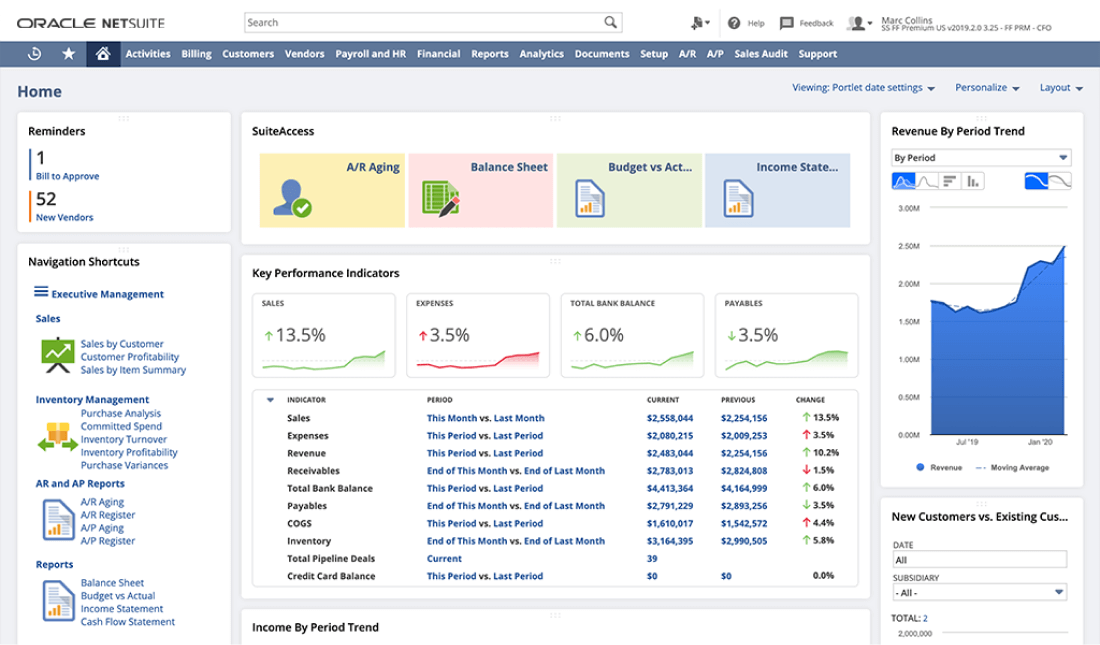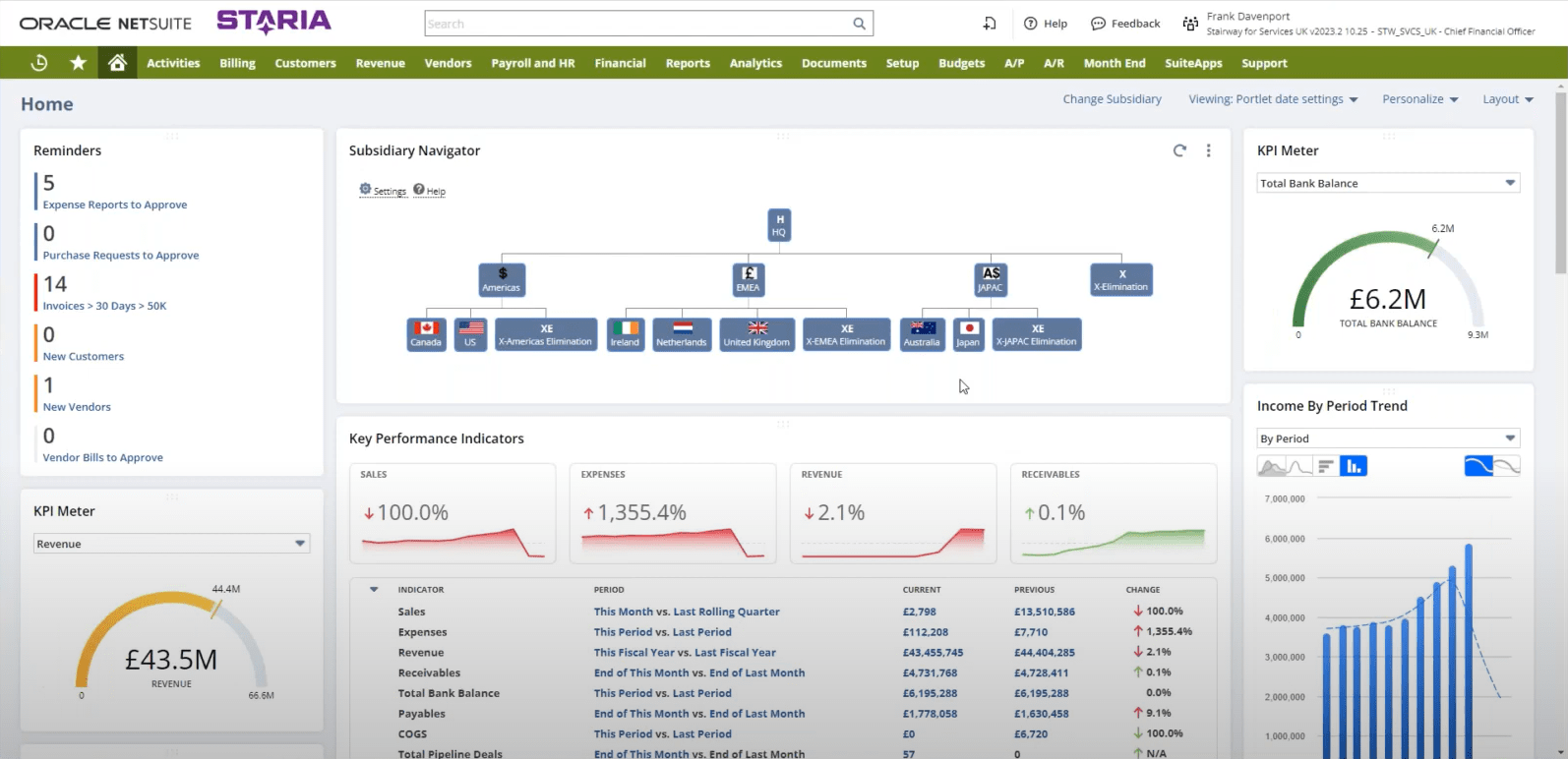Oracle NetSuite: A Game-Changer for Business Process Automation
In today's fast-paced company world, staying aggressive involves leveraging sophisticated technology alternatives that optimize operations and improve workflows. One strong tool is a comprehensive cloud-based netsuite, made to combine core business functions and give real-time insights. By enjoying cloud ERP, businesses may improve effectiveness, enhance decision-making, and degree successfully to generally meet growing demands.

A vital advantageous asset of cloud ERP systems is their ability to unify various business functions into one cohesive platform. From financing and accounting to inventory management and customer connection management (CRM), a well-integrated ERP program guarantees smooth information flow across departments. This integration decreases data silos, increases collaboration, and fundamentally pushes more educated organization decisions.
Oracle NetSuite's true strength is based on their capability to integrate all key company operates into one good platform. Whether it's fund, offer cycle, supply, or client connection management (CRM), NetSuite brings each one of these things together. This integration ensures that knowledge moves seamlessly across the corporation, permitting departments to perform more efficiently. Groups no further need certainly to count on siloed techniques or handbook data entry, reducing the chances of errors and giving just one source of truth for decision-making.
The flexibleness and scalability of cloud ERP answers are critical for businesses striving to conform within an ever-evolving market. Cloud-based programs may be used from everywhere, anytime, providing workers with the equipment they need to handle operations effectively, regardless of these location. That is especially important in today's cross and remote perform situations, wherever the capacity to access real-time data and collaborate in an electronic placing is crucial.
Another significant advantageous asset of cloud ERP is its ability to supply comprehensive analytics and confirming capabilities. With sophisticated data analytics, firms can get deeper ideas within their operations, financial performance, and client behavior. That data-driven method provides for better forecasting, improved proper planning, and far better reference allocation, all of which are necessary for sustaining a aggressive edge. By knowledge the business's current state at any provided time, organizations may answer quicker to market changes, optimize resource allocation, and increase forecasting accuracy.
Furthermore, cloud ERP systems are typically more cost-effective in comparison to conventional on-premise solutions. With no requirement for high priced infrastructure, hardware, or intensive IT help, firms can minimize capital expenditures and shift to a more predictable, subscription-based model.

In conclusion, adopting a cloud ERP system may change the way companies operate. By providing increased integration, flexibility, scalability, and effective analytics, cloud ERP empowers companies to enhance their sources, increase decision-making, and keep ahead within an increasingly competitive market.
Comments
Post a Comment